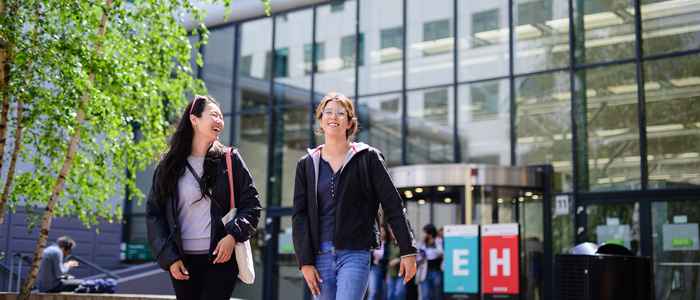
UvA Summer School
Join us in Amsterdam during the summer season: further your academic development and explore this international city.
Explore our programmes and community
Join us in Amsterdam during the summer season: further your academic development and explore this international city.